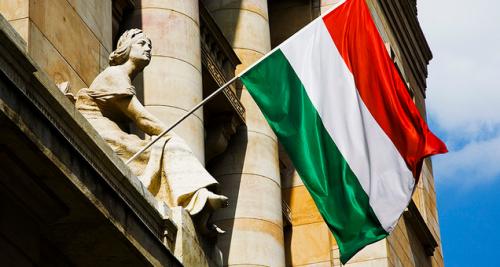
BRUSSELS, Oct. 19 (Xinhua) -- In a show of unity, European leaders agreed Thursday in a European summit session to offer more support to Italy in managing migration routes in the central Mediterranean, European Council President Donald Tusk told reporters in Brussels in a press conference.
Italy has been the frontline country in dealing with central Mediterranean flows and has involved its navy in cooperative efforts with Libya to deter human traffickers and help rescue stranded migrants.
"Leaders agreed to offer Prime Minister Gentiloni stronger support for Italy's work with the Libyan authorities," Tusk said, adding, "We have a real chance of closing the central Mediterranean route."
Named as the deadliest route to Europe by the International Organization for Migration (IOM) in a study published in September 2017, the central Mediterranean route has seen an increase in fatal crossings while the 2016 EU-Turkey agreement has seen dramatic decreases in migration.
Tusk also announced that European leaders had "decided that member states will provide sufficient finances for the North African window of the Trust Fund for Africa," an emergency fund to foster stabilization, "while the Commission ensures that this money is channeled to stem illegal migration."
Optimistic about the decision, Tusk said, "We should see concrete results within the next few weeks."
For his part, President of the European Commission Jean-Claude Juncker described the series of increases made in the Trust Fund for Africa by restructuring of the existing EU budget, saying during the Thursday press conference that the dedicated and increased funds were necessary for the mechanism to be effective.
"If we do want to be as present as possible in Africa, mainly in the northern part of Africa, we have to increase the financial means which we have to have at our disposal," Juncker said.
Tusk, meanwhile confirmed that other agreements on migration had been reached.
EU leaders have decided to relaunch discussions in December on the reform of Dublin Rules that regulate EU migration and asylum policy, with the goal of reaching a consensus in the first half of 2018.
"As long as I am here I will be the guardian of European unity," Tusk pledged after sharing the results of the discussions on migration.
"It is not only my role as President of the European Council, it is also my true belief," he said.
Other displays of unity included Juncker pledging to trigger EU mechanisms to aid with relief following devastating wildfires in Spain and Portugal, as well as damaged regions of EU Baltic states after heavy flooding in August.
Brexit was not discussed despite a Thursday speech by British Prime Minister May, with EU leaders and EU Brexit negotiators widely cited as finding that talks had not progressed far enough for the negotiations to pass to a second phase, in which future trade relations can be discussed.
German Chancellor Angela Merkel, however, was quoted upon her arrival at the European Council Summit as being hopeful that talks had advanced far enough that a new phase could be launched by December 2017.
In a question session following his press conference, Donald Tusk responded to the question of whether the European Council and European leaders would discuss the ongoing crisis in the Spanish region of Catalonia during the summit.
While admitting that there was no reason to hide that the situation was concerning, Tusk said that "formally speaking there is no space for EU interventions here."
Spain is preparing to assert direct rule over the region, revoking devolved powers, after regional leaders failed to clarify their position, and the Spanish Constitutional Court ruled the referendum illegal on Tuesday.




 A single purchase
A single purchase









